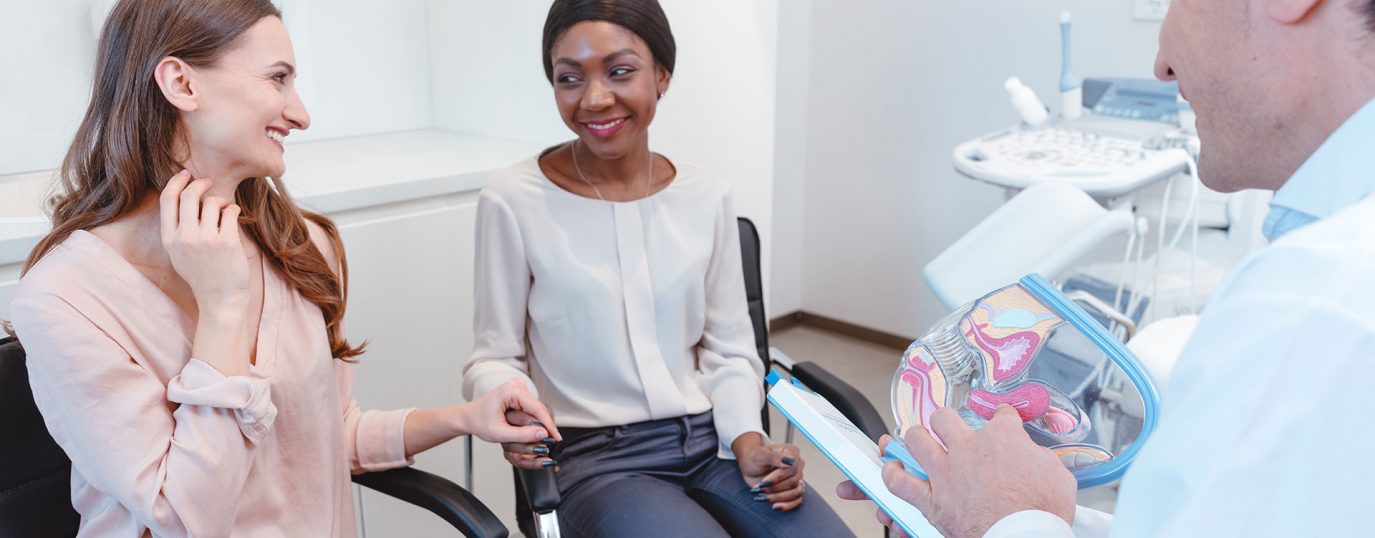
Why a lack of data on long-term impact may deter potential egg donors
8 March 2022

Donating eggs can change the lives of people struggling with infertility, but much is unknown about the long-term impact on the donor.
I have been invited to donate my eggs. The invitation comes in the form of an advertisement that I see regularly on social media, and it encourages me to help a stranger try to become a parent.
Having spoken to people struggling with infertility or subfertility,[1] I know the potential value of egg donation. It can give hope and diminish the immense pain associated with an inability to conceive, an issue experienced by an estimated one in seven heterosexual couples in the UK.
So egg donation really seems like a wonderful thing to do, and I have given it serious thought. But it feels like one important piece of my decision-making puzzle is missing. What is the long-term physical impact of egg donation?
What does egg donation involve?
Eligible donors must inject themselves with hormones daily for about two weeks. Every few days a healthcare professional scans the donor’s ovaries to assess the number and size of their follicles (small sacks that can contain eggs). When the follicles are ready, a physician removes the eggs from the ovaries using a needle inserted through the vaginal wall.

The invitation to donate my eggs comes in the form of an advertisement that I see regularly on social media.
Donated eggs can then be combined with sperm to produce an embryo, which could be inserted into the uterus, implanted in the womb and grow into a fetus.
Ultimately, egg donation is one way that people without enough of their own healthy eggs (e.g. women with reduced ovarian reserves or genetic conditions, or gay male couples) could have a child. But it’s important to note that egg donation doesn’t guarantee a baby; none of the steps between the donation and childbirth are simple or certain.
What are the risks?
In the UK, egg donation is tightly regulated by the Human Fertilisation and Embryology Authority (HFEA). There are strict guidelines around who is eligible to donate and the information that clinics must provide to donors, including the implications of donation.
Short-term risks associated with the egg donation include: emotional changes, hot flushes, pain and, in rare cases, ovarian hyperstimulation syndrome. Looking beyond the immediate term, clinics may say that there are no known long-term impacts of egg donation. This is technically correct. However, there also aren’t many studies that systematically assess the long-term impacts of egg donation on a person’s health.
Without data about the long-term health impact of egg donation, how can potential egg donors be expected to make informed decisions about the process?
Why the lack of data? And what can we do about it?
The limited amount of data is not the fault of any individual clinic – it’s the result of system-wide limitations in data collection. Until April 2005, there was no centralised data collection on egg donation in the UK. Since then, the HFEA has kept records of all UK egg (and sperm) donors. Donors are responsible for informing the HFEA about any changes in their contact information so that the registry can be kept up to date.
With appropriate resources, registries can be used to understand long-term impacts of egg donation. With donor consent, links could be made between a registry and broader health data, allowing researchers to see trends or risks associated with egg donation ten, twenty, or more years in the future. It is a solution that will take time; after all, we have to wait a long time for the long-term impacts. But there are implications of not starting this research now.
Without data about the long-term health impact of egg donation, how can potential egg donors be expected to make informed decisions about the process? The lack of information is certainly a barrier to me, and it may well be for many other women. And without egg donors, a greater number of men, women and non-binary people suffering from involuntary infertility would remain childless.
[1] The clinical definition of infertility refers to the inability for a male and female to conceive after 12 months of ‘regular unprotected intercourse’. In contrast, subfertility refers to unwanted non-conception for a prolonged period that lasts less than one year. Both definitions assume relationships between males and females, and as such are not inclusive of all members of the LGBTQ+ community. More on this topic can be read here.


